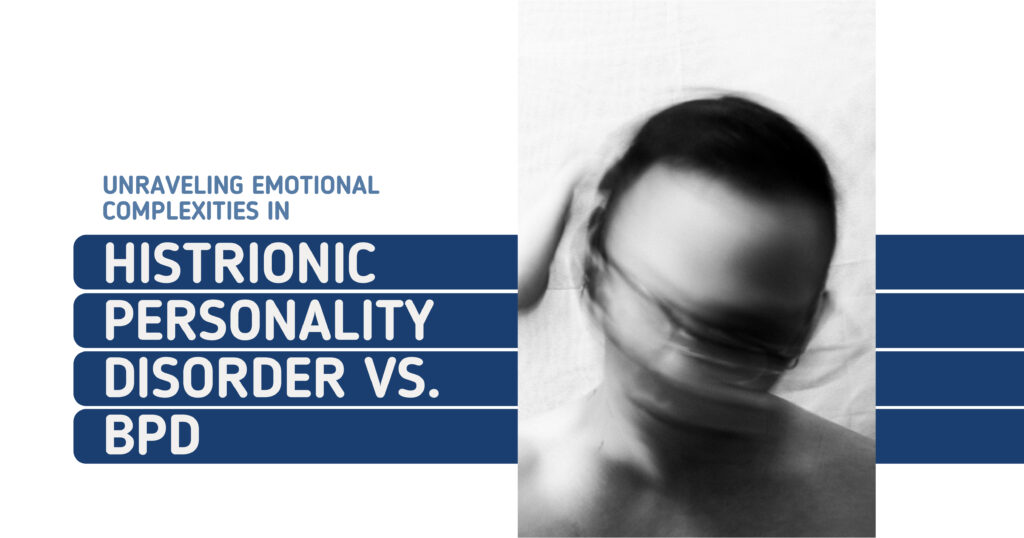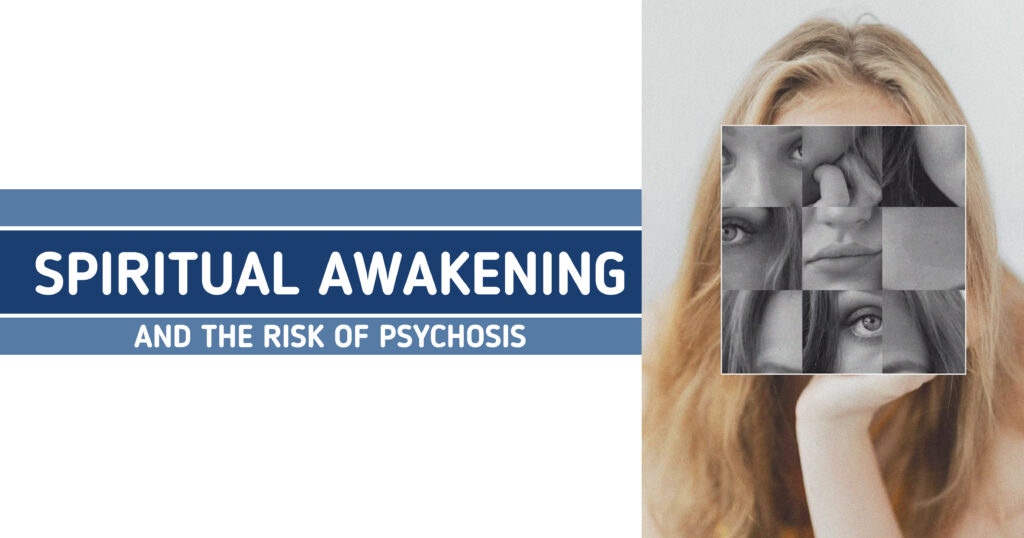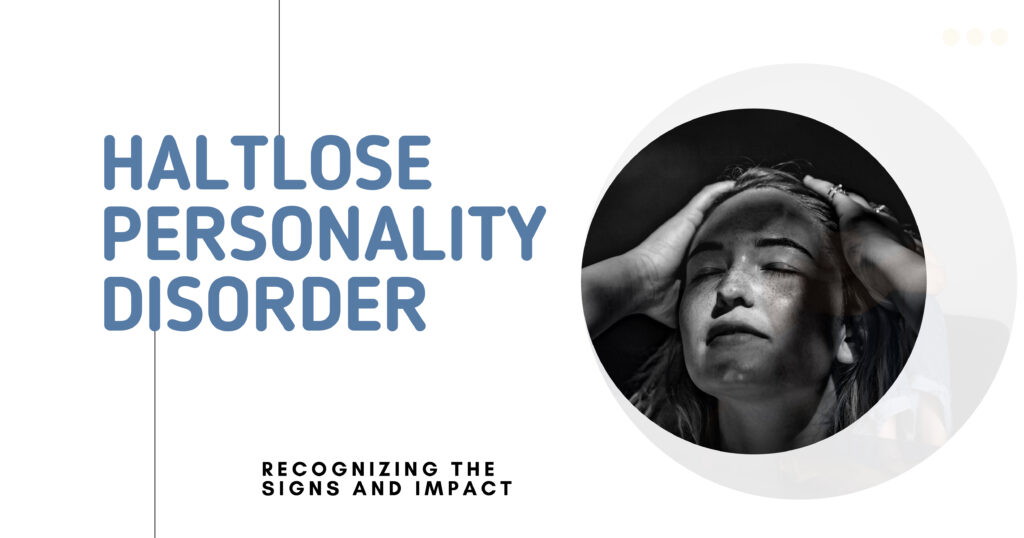When it comes to mental health, personality disorders often find themselves in the shadows of more widely discussed issues like depression or anxiety. But understanding personality disorders is crucial because they can significantly impact a person’s life, relationships, and overall well-being. In this comprehensive guide, we’ll dive into the key types of personality disorders, explore effective treatment strategies, and offer practical advice for managing these conditions. Let’s break it down together!
Essential Takeaways
1. Understanding is Key:Grasping the nature of personality disorders helps in fostering empathy and providing better support. It’s crucial to recognize that these disorders involve deeply ingrained patterns of thinking and behavior that can significantly impact an individual’s life.
2. Treatment and Management:Effective management of personality disorders often involves a combination of psychotherapy and, in some cases, medication. Approaches like CBT and DBT can be particularly beneficial in addressing specific symptoms and improving overall functioning.
3. Support Makes a Difference:Both individuals with personality disorders and their loved ones benefit from understanding, patience, and a supportive environment. Encouraging professional help and maintaining open communication can lead to better outcomes and a more supportive relationship.
San Diego Mental Health
Introduction to Personality Disorders
What Are Personality Disorders?
Personality disorders are mental health conditions characterized by persistent patterns of behavior, cognition, and inner experience that deviate significantly from the expectations of an individual’s culture. These patterns are inflexible and maladaptive, leading to distress or impairment in various areas of life, including social relationships, work, and personal functioning.
Imagine a personality disorder as a lens through which a person views the world, but this lens distorts their perceptions and interactions. For example, someone with a paranoid personality disorder might view others as constantly plotting against them, even without any concrete evidence.

Why It’s Crucial to Learn About Personality Disorders
Understanding personality disorders can make a world of difference for individuals who are affected and for those around them. When you know more about these conditions, you can:
- Improve Communication: Knowing the nuances of a personality disorder can help you communicate more effectively with someone who has it.
- Foster Empathy: Understanding the challenges faced by individuals with personality disorders can increase your empathy and patience.
- Encourage Treatment: Awareness often leads to seeking help sooner, which can significantly improve outcomes.
By learning more about personality disorders, you not only enhance your understanding but also contribute to reducing stigma and promoting compassionate support for those who need it.
Key Types of Personality Disorders
Cluster A: Odd or Eccentric Disorders
Cluster A personality disorders are characterized by odd or eccentric behaviors. This cluster includes three main disorders:
Paranoid Personality Disorder
Characteristics: Individuals with paranoid personality disorder are often suspicious and distrustful of others. They might believe that others are out to harm them, even without evidence. This pervasive mistrust can lead to difficulties in forming and maintaining relationships.
Causes: While the exact cause isn’t fully understood, a combination of genetic, environmental, and psychological factors may contribute. Early experiences of trauma or betrayal can sometimes play a role.
Treatment: Treatment typically involves psychotherapy, particularly cognitive behavioral therapy (CBT), which helps individuals challenge and change their paranoid thoughts. Medication may be prescribed to address associated symptoms like anxiety or depression.
Schizoid Personality Disorder
Characteristics: People with schizoid personality disorder often appear aloof and detached. They may prefer solitude and have little interest in forming close relationships. Social interactions might feel uncomfortable or pointless to them.
Causes: This disorder may be linked to genetic factors or early childhood experiences that foster a sense of emotional detachment.
Treatment: Therapy focuses on helping individuals develop social skills and manage their emotions. Psychotherapy can be beneficial, though it might take time to build trust with a therapist. Medication is less commonly used but may be helpful for related symptoms.
Schizotypal Personality Disorder
Characteristics: Schizotypal personality disorder is marked by eccentric behavior, unusual beliefs, and difficulties forming close relationships. Individuals might have odd or magical thinking and may appear eccentric to others.
Causes: As with other personality disorders, genetic and environmental factors are believed to play a role. Brain structure and function might also contribute.
Treatment: Treatment often involves a combination of psychotherapy and medication. Therapy can help with social skills and cognitive distortions, while medication may address symptoms like anxiety or depression.

Cluster B: Dramatic, Emotional, or Erratic Disorders
Cluster B disorders are characterized by dramatic, emotional, or erratic behavior. This cluster includes four main disorders:
Antisocial Personality Disorder
Characteristics: Individuals with antisocial personality disorder often disregard the rights of others and violate societal norms. They might be deceitful, impulsive, and aggressive. This disorder is sometimes referred to as sociopathy or psychopathy.
Causes: Genetic factors, childhood abuse, and environmental influences are all believed to contribute. There may also be differences in brain function that affect behavior.
Treatment: Treatment usually involves psychotherapy, such as cognitive behavioral therapy (CBT) and dialectical behavior therapy (DBT). Medication might be used to manage symptoms like impulsivity or aggression.
Borderline Personality Disorder
Characteristics: Borderline personality disorder is characterized by intense emotional instability, fear of abandonment, and unstable relationships. Individuals may experience rapid mood swings and engage in impulsive behaviors.
Causes: A combination of genetic predisposition, brain abnormalities, and environmental factors, such as trauma or abuse, can contribute to the development of this disorder.
Treatment: DBT is one of the most effective therapies for borderline personality disorder, helping individuals manage emotions and improve relationships. Psychotherapy is central to treatment, and medication may be prescribed for associated symptoms like depression or anxiety.
Histrionic Personality Disorder
Characteristics: Individuals with histrionic personality disorder seek excessive attention and may display dramatic or emotional behavior. They might be uncomfortable when they’re not the center of attention and often use their appearance to draw attention.
Causes: The causes are not fully understood but are believed to involve a mix of genetic and environmental factors.
Treatment: Psychotherapy is the primary treatment approach, focusing on increasing self-awareness and addressing the need for attention. Medication may be used for symptoms of anxiety or depression.
Narcissistic Personality Disorder
Characteristics: Narcissistic personality disorder involves a grandiose sense of self-importance, a need for excessive admiration, and a lack of empathy for others. Individuals may have an inflated sense of their achievements and seek constant validation.
Causes: Genetic factors, early childhood experiences, and cultural influences may all contribute to the development of narcissistic personality disorder.
Treatment: Therapy focuses on helping individuals develop a more realistic self-image and improve their relationships. Psychodynamic therapy and CBT can be effective. Medication may be used for associated symptoms like depression or anxiety.
Cluster C: Anxious or Fearful Disorders
Cluster C personality disorders involve anxious and fearful behavior. This cluster includes three main disorders:
Avoidant Personality Disorder
Characteristics: People with avoidant personality disorder experience extreme shyness and fear of rejection. They often avoid social situations and may feel inadequate or socially inept.
Causes: Genetic factors, early experiences of rejection or criticism, and other environmental influences may contribute to this disorder.
Treatment: Psychotherapy, particularly CBT, is effective in helping individuals challenge their fears and build self-esteem. Medication may be used to manage symptoms of anxiety or depression.
San Diego Mental Health
Dependent Personality Disorder
Characteristics: Individuals with dependent personality disorder exhibit a pervasive and excessive need to be taken care of. They may feel helpless and rely heavily on others for decision-making and support.
Causes: Factors such as genetic predisposition and early experiences of dependency or overprotectiveness may contribute to this disorder.
Treatment: Therapy focuses on helping individuals build self-confidence and develop more independent coping strategies. CBT can be particularly useful. Medication might be prescribed for related symptoms of anxiety or depression.
Obsessive-Compulsive Personality Disorder

Characteristics: Obsessive-compulsive personality disorder involves a preoccupation with orderliness, perfectionism, and control. Individuals may be excessively focused on rules, lists, and details, often at the expense of flexibility and efficiency.
Causes: Genetic factors and early experiences, such as being raised in a highly structured or critical environment, may play a role.
Treatment: CBT is commonly used to help individuals recognize and change their perfectionistic behaviors and thought patterns. Medication may be used to manage symptoms of anxiety or depression.
Diagnosis and Assessment
How Are Personality Disorders Diagnosed?
Diagnosing personality disorders involves a thorough assessment by a mental health professional. This process typically includes:
- Clinical Interviews: The professional will ask questions about your symptoms, behavior, and personal history.
- Diagnostic Criteria: They use criteria from the Diagnostic and Statistical Manual of Mental Disorders (DSM-5) to determine if your symptoms align with a specific personality disorder.
- Self-Report Questionnaires: You might complete questionnaires that assess your personality traits and behaviors.
It’s essential to have a comprehensive evaluation because personality disorders can be complex and overlap with other mental health conditions.
Common Myths and Misconceptions
There are several myths about personality disorders that can hinder understanding and treatment:
- Myth: Personality disorders are just a phase.Fact: Personality disorders are long-term patterns of behavior that are persistent and pervasive.
- Myth: People with personality disorders are dangerous.Fact: Most individuals with personality disorders are not violent. The disorders themselves do not inherently make someone dangerous.
- Myth: Therapy doesn’t work for personality disorders.Fact: While challenging, therapy can be highly effective for managing symptoms and improving quality of life.
Clearing up these misconceptions can lead to better support and more effective treatment.
Treatment Strategies for Personality Disorders
Psychotherapy Approaches
Cognitive Behavioral Therapy (CBT): CBT helps individuals identify and change negative thought patterns and behaviors. It’s particularly useful for disorders like paranoid, avoidant, and obsessive-compulsive personality disorders.
Dialectical Behavior Therapy (DBT): DBT is an extension of CBT and focuses on helping individuals with borderline personality disorder manage emotions and improve interpersonal relationships. It combines cognitive-behavioral techniques with mindfulness and acceptance strategies.
Psychodynamic Therapy: This therapy explores unconscious processes and past experiences that influence current behavior. It can be beneficial for disorders like borderline and histrionic personality disorders, helping individuals gain insight into their emotions and relationships.
Medication and Other Treatments
Medications: While not a cure, medications can help manage symptoms associated with personality disorders. For instance:
- Antidepressants may help with symptoms of depression or anxiety.
- Mood stabilizers can assist in managing mood swings.
- Antipsychotics might be prescribed for severe symptoms, particularly in disorders like schizotypal personality disorder.
Alternative Therapies: Some individuals find complementary therapies, such as mindfulness practices or art therapy, helpful in managing their symptoms and improving overall well-being.
Self-Help and Coping Strategies
Living with a personality disorder can be challenging, but there are strategies that can help:
- Develop Coping Skills: Learn techniques to manage stress and emotions, such as mindfulness, relaxation exercises, and grounding techniques.
- Build a Support System: Surround yourself with supportive friends, family, or support groups who understand your condition.
- Set Realistic Goals: Work on setting and achieving small, manageable goals to build confidence and improve functioning.
For families and friends, understanding the disorder and offering consistent support can make a significant difference. Encouraging open communication and seeking support for yourself can also be beneficial.
Living with Personality Disorders: Personal Stories and Perspectives
Stories of Resilience and Recovery
Hearing from individuals who have successfully managed their personality disorders can be inspiring and educational. Many people with personality disorders lead fulfilling lives, with the right treatment and support. For instance, someone with borderline personality disorder might share how DBT helped them build healthier relationships and manage intense emotions.
Expert Opinions and Insights
Mental health professionals often provide valuable insights into managing personality disorders. For example, experts might emphasize the importance of early intervention and the benefits of a multidisciplinary approach to treatment. They can also offer practical tips and advice for individuals and their families.
Conclusion and Call to Action
Summarizing Key Points
Understanding personality disorders involves recognizing their complex nature and the significant impact they can have on individuals and their loved ones. By exploring the key types of personality disorders, effective treatment strategies, and practical coping methods, we aim to provide a clear and compassionate overview of these conditions.
Encouraging Action
If you or someone you know is struggling with a personality disorder, don’t hesitate to seek help. Reach out to a mental health professional or visit our recommended resources for support. Remember, understanding and addressing personality disorders can lead to meaningful improvements in quality of life. Share this article to spread awareness and support those in need.
San Diego Mental Health
Frequently Asked Questions (FAQs)
1. What are the common symptoms of personality disorders?Common symptoms include persistent patterns of behavior and thinking that deviate from societal norms, leading to problems in social relationships and functioning. Symptoms vary depending on the specific type of personality disorder but can include mistrust, emotional instability, excessive attention-seeking, or intense fear of rejection.
2. How are personality disorders diagnosed?Diagnosis typically involves a comprehensive evaluation by a mental health professional. This includes clinical interviews, self-report questionnaires, and an assessment of symptoms based on criteria from the Diagnostic and Statistical Manual of Mental Disorders (DSM-5).
3. Can personality disorders be treated effectively?Yes, personality disorders can be effectively managed with appropriate treatment. Psychotherapy is the primary treatment approach, with modalities like Cognitive Behavioral Therapy (CBT) and Dialectical Behavior Therapy (DBT) being particularly beneficial. Medication may also be used to manage symptoms.
4. Are personality disorders hereditary?Genetic factors can contribute to the development of personality disorders, but they are typically influenced by a combination of genetics, early life experiences, and environmental factors.
5. How can family and friends support someone with a personality disorder?Support can include educating themselves about the disorder, offering empathy and understanding, encouraging the individual to seek professional help, and maintaining open communication. Being patient and providing a stable support system are crucial.








